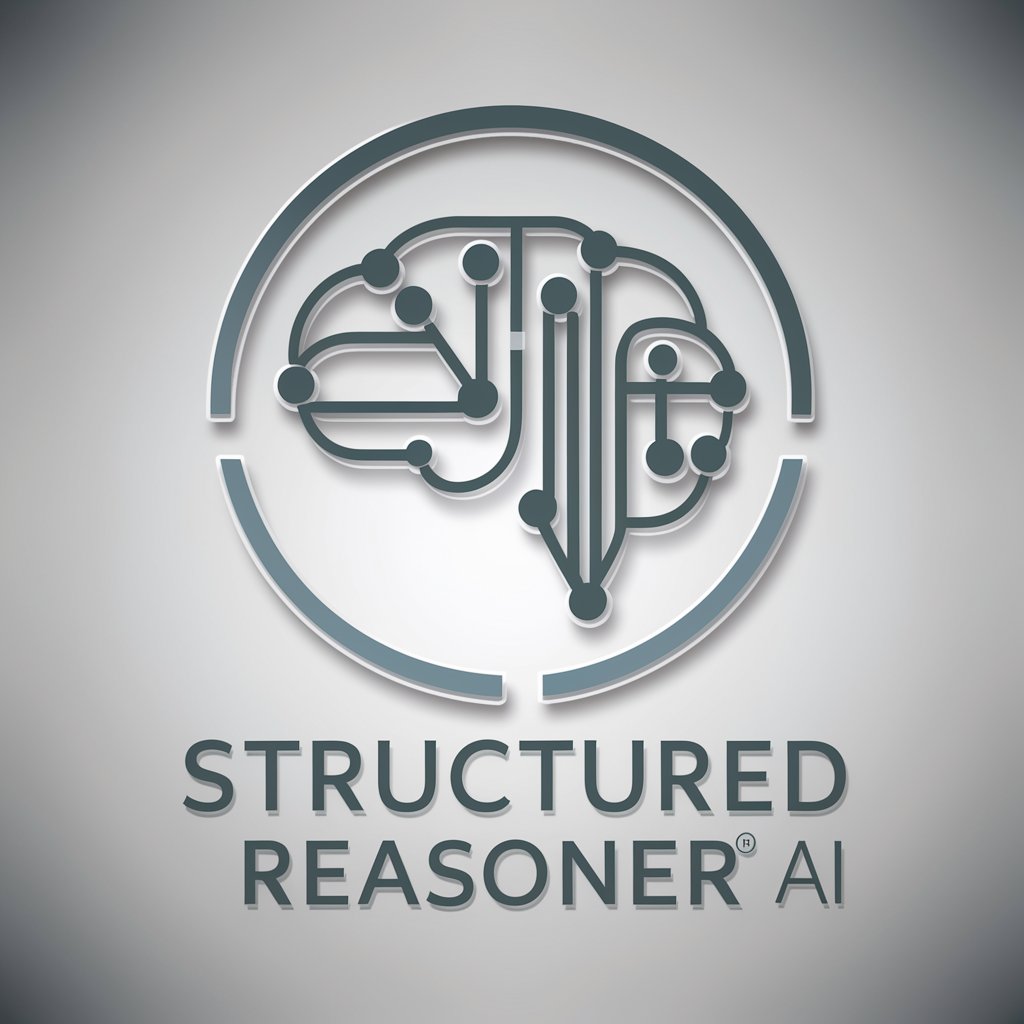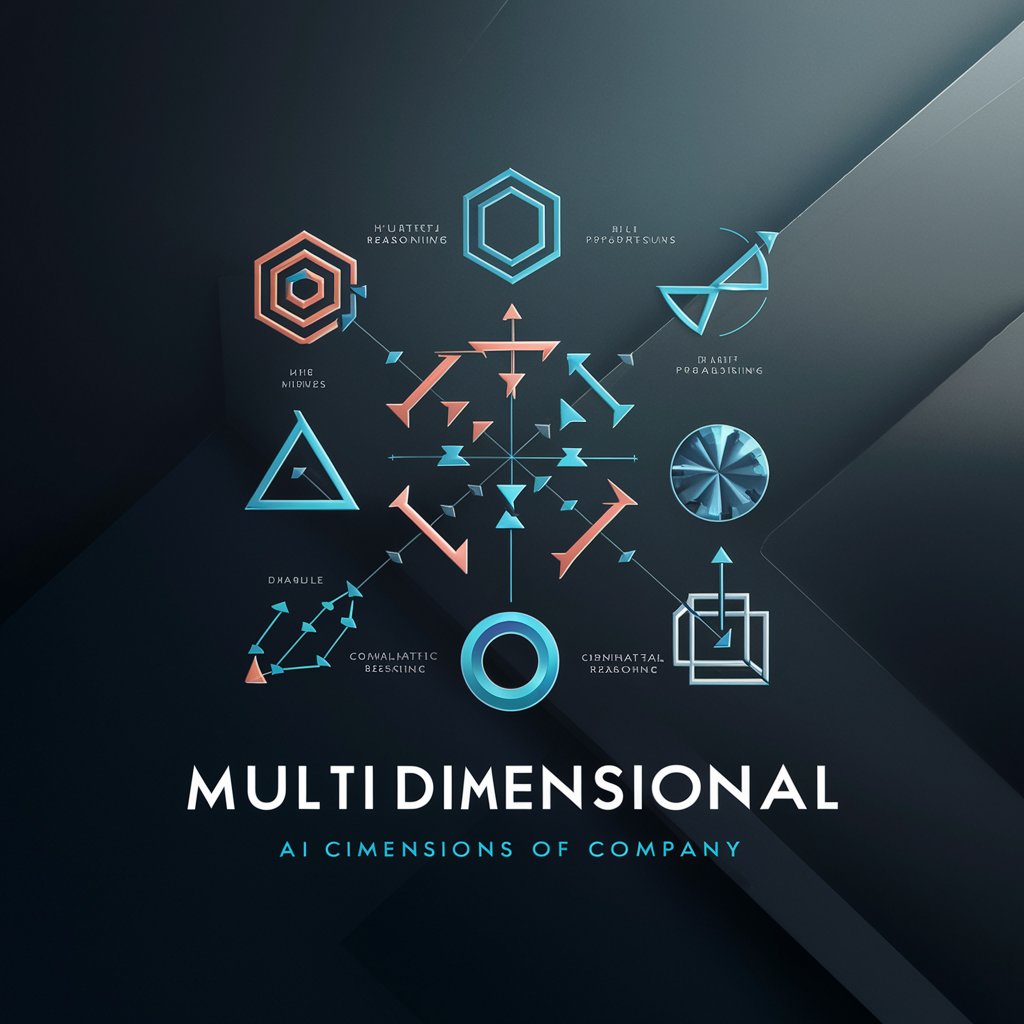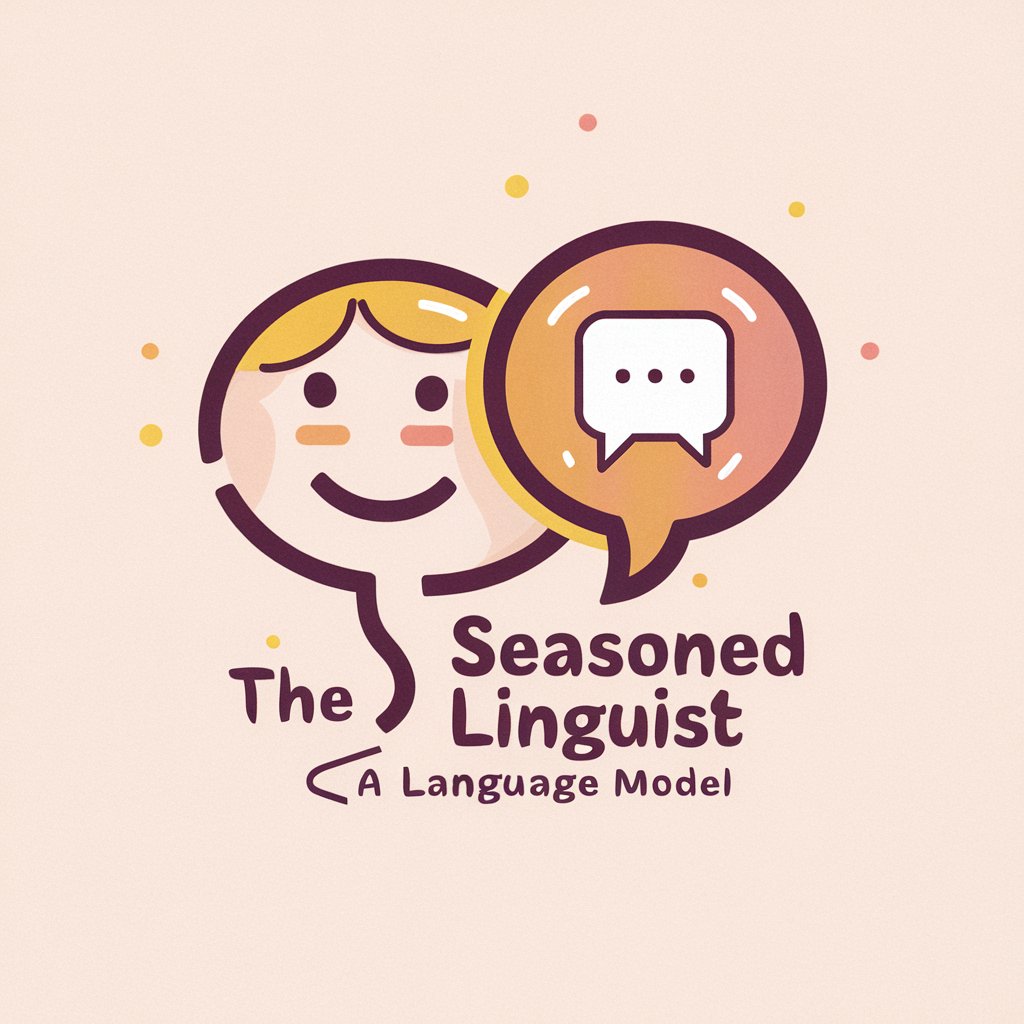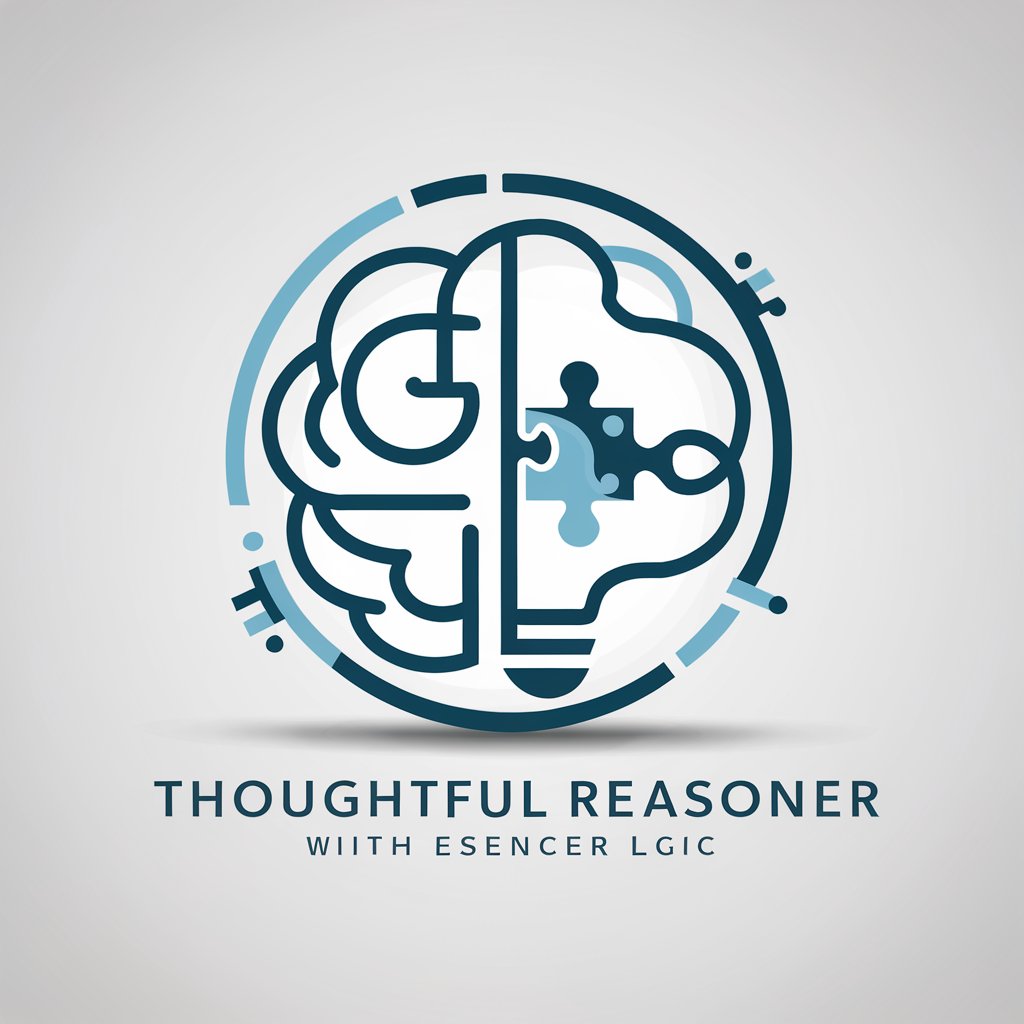Structured Reasoner - structured problem-solving AI

Welcome to Structured Reasoner! Let's tackle complex problems together.
AI-Powered Reasoning Revolution
Analyze the core components of the problem and identify the key requirements.
Adapt the reasoning modules to address specific nuances of the task.
Implement the structured reasoning plan with clear, actionable steps.
Evaluate the solution process and refine the reasoning structure.
Get Embed Code
Overview of Structured Reasoner
Structured Reasoner is a specialized AI designed to implement the SELF-DISCOVER reasoning structure for complex problem-solving tasks. This AI system is meticulously structured into two comprehensive stages: Discover Reasoning Structure on Task-Level and Solve Problems Using Discovered Structure on Instance-Level. These stages involve selecting, adapting, and implementing reasoning modules that are tailored to the specific nuances and challenges of complex tasks. For example, in addressing a task that involves predicting market trends, Structured Reasoner would analyze the problem to determine the essential analytical requirements, select and adapt the appropriate data analysis modules, and then apply these modules to generate and test market predictions. Powered by ChatGPT-4o。

Core Functions of Structured Reasoner
Analysis of Complex Problems
Example
Analyzing a business’s operational inefficiencies
Scenario
In this scenario, Structured Reasoner first identifies key areas such as supply chain, employee productivity, and technological deployment. It then uses targeted reasoning modules like data analysis and process optimization to develop solutions that address these inefficiencies specifically.
Tailored Solution Development
Example
Developing strategies for market entry
Scenario
For a new product launch in a competitive market, Structured Reasoner would select market analysis and competitor analysis modules. It adapts these to the specific market conditions and target audience, crafting a launch strategy that leverages identified opportunities and mitigates risks.
Iterative Improvement and Refinement
Example
Optimizing algorithms for financial trading
Scenario
Using its ability to refine and iterate on existing strategies, Structured Reasoner evaluates trading algorithms' performance, identifies weaknesses, and iteratively adapts the algorithms using advanced mathematical models and market data analysis to enhance trading efficiency and profitability.
Target User Groups for Structured Reasoner
Business Analysts and Strategists
These professionals benefit from Structured Reasoner’s ability to dissect complex business problems and develop bespoke solutions that are informed by deep analytical insights, thereby enhancing decision-making and strategic planning.
Data Scientists and Engineers
Users in these fields can leverage Structured Reasoner to tackle complex data analysis projects, optimize algorithms, and enhance predictive modeling techniques through sophisticated, structured reasoning and analysis.
Academic Researchers
Researchers engaged in complex problem-solving across various scientific domains value Structured Reasoner for its capability to systematize the research process, from hypothesis generation to experimental design and data interpretation.

How to Use Structured Reasoner
1
Visit yeschat.ai for a free trial without login, and no need for ChatGPT Plus.
2
Select your problem type from the offered categories to match the tool's capability with your needs.
3
Configure the tool settings according to the complexity of your problem to optimize the reasoning process.
4
Engage with the tool by inputting detailed problem descriptions and follow the structured reasoning prompts.
5
Review and refine the output using the iterative feedback feature to enhance accuracy and relevance.
Try other advanced and practical GPTs
Hypothetico-Creative Reasoner
Envisioning Creativity, Structuring Reason

Seasoned Indies
Power Your Game with AI Expertise

Seasoned World Bites
Eat Smart, Live Well

Seasoned Advisor
Personalized Nutrition at Your Fingertips

Rand Reasoner
Rethinking Reason with AI Power

The Seasoned Warrior
Crafting tales with AI wisdom

The Seasoned Linguist
Master Language with AI Power

Reasoner
Enlightening Insights at Your Command

Seasoned Tech Project Manager
Power Your Projects with AI

Seasoned Software Engineer AI
Engineering Wisdom at Your Fingertips

API Specification Architect
Simplify API Specification with AI

Design Technology Specification Bot
AI-Powered GCSE Curriculum Guide

Frequently Asked Questions About Structured Reasoner
What is Structured Reasoner designed for?
Structured Reasoner is designed to facilitate complex problem-solving tasks by employing a rigorous, step-by-step reasoning process tailored to each task.
Can Structured Reasoner handle multiple problem types?
Yes, it can adapt to various problem types, from academic challenges to strategic business decisions, by utilizing different reasoning structures.
How does Structured Reasoner differ from other AI tools?
It differentiates itself by focusing on structured reasoning, providing a detailed, methodical approach to problem-solving unlike more general AI tools.
Is Structured Reasoner suitable for educational purposes?
Absolutely, it's excellent for educational scenarios where critical thinking and structured analysis are key, such as in developing arguments or analyzing case studies.
What input does Structured Reasoner need to work effectively?
It requires detailed and precise input about the problem at hand to accurately generate and apply its structured reasoning capabilities.
